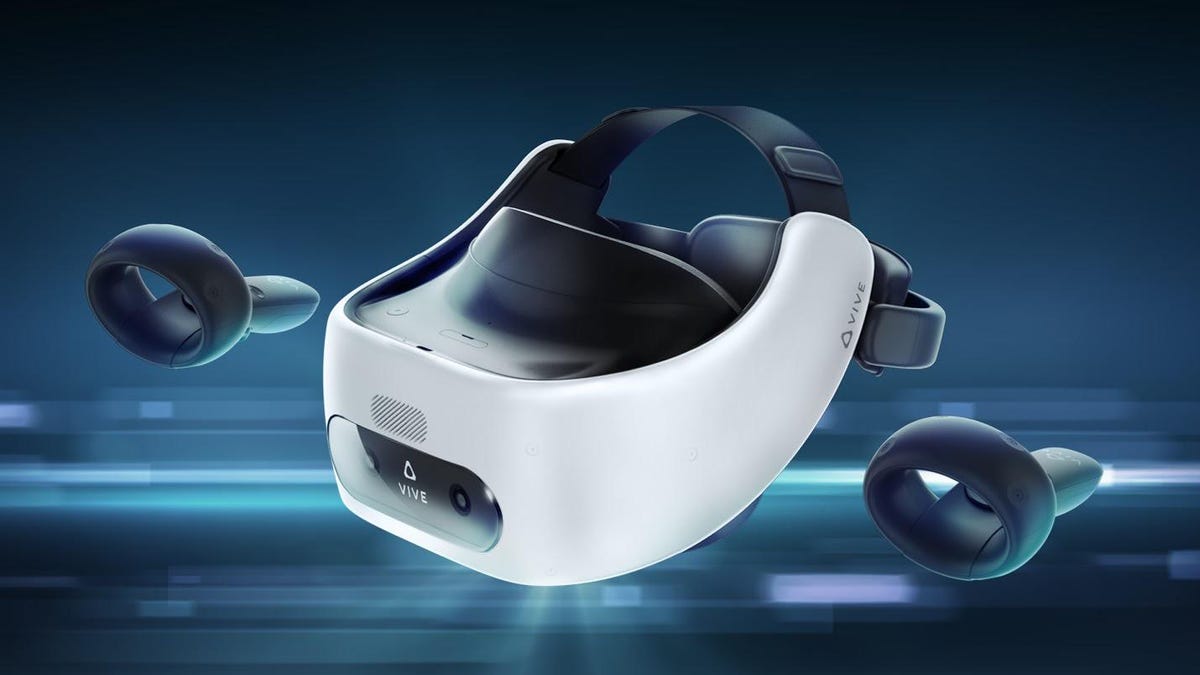HTC Vive Focus Plus VR headset arriving to compete with Oculus Quest
Ready Player Two.

The Vive Focus will get Oculus Quest-like controllers soon.
Facebook's next-generation standalone VR system, Oculus Quest, is expected to arrive this spring, bringing untethered standalone VR with self-contained room tracking and a pair of full-function controllers. It'll have competition, though, at least from HTC: the new Vive Focus Plus can theoretically do most of the same things. This is the Vive's only standalone VR headset, and will stand alongside the PC-connected, eye-tracking Vive Pro Eye coming later this year, and the still-mysterious but tethered Vive Cosmos.
The newly-announced Focus Plus is really just an add-on to the HTC Vive Focus, a standalone VR headset with a Qualcomm Snapdragon 835 processor (same as the Oculus Quest) that quietly launched last year to enterprise markets in the US. The Vive Focus Plus adds a pair of 6DoF (six degrees of freedom) controllers that will allow the same type of fluid VR controls, in theory, that Oculus Quest and Microsoft's VR headsets provide.
Since the Vive Focus tracks your environment via its own cameras and sensors (inside-out tracking), and there are no room sensors, it also means that the controllers need to be clever about being tracked when not in visible range of the headset. Vive's solution on the Vive Focus involves ultrasonic controllers that promise to stay accurate and in range no matter where they are. These controllers were announced last year for developers, but we haven't had a chance to try them out yet. For more, read this deeper look. Google's got a set of 6DoF controllers in the works for standalone Daydream VR, too.
The Vive Focus Plus continued to be aimed largely at enterprise, and HTC's early use cases seem to include medical simulations and workforce training, versus Oculus Quest's focus on fun games. That's not to say Vive Focus won't be used on some consumer things, too, like NordicTrack's VR bike, but we'll know more about it later this year: it's expected in "Q2," for a still-unknown price.

